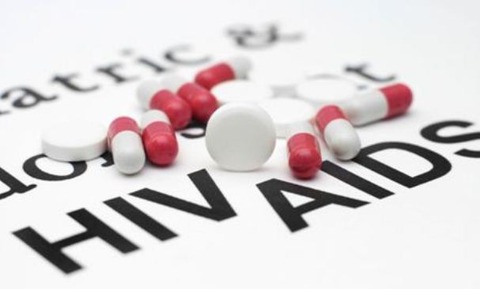Researchers pioneer world’s first HIV nanomedicines
4 Sep 2012

The project claims to be the first step towards taking nanomedicine options out of the lab and into the clinic.
Scientists at Liverpool University are leading a £1.65m project to produce and test the first nanomedicines for treating HIV/AIDS.
The research project aims to produce cheaper, more effective medicines which have fewer side effects and are easier to give to newborns and children.
The new therapy options were generated by modifying existing HIV treatments, called antiretrovirals (ARVs).
The University has recently produced ARV drug particles at the nanoscale which potentially reduce the toxicity and variability in the response different patients have to therapies.
Drug nanoparticles have been shown to allow smaller doses in other disease areas which opens up possibilities to reduce drug side-effects and the risk of drug resistance.
Professor Steve Rannard, from the University’s Department of Chemistry, said: “Nanomedicines are being used daily to treat a range of conditions around the world. There are, however, no current nanoparticle HIV therapies that are providing this kind of patient benefit.
“This project is the first step towards taking the nanomedicine options that we have developed out of our labs and into the clinic, representing a significant milestone in the development of new HIV treatments.”
The project will manufacture the ARV nanomedicines using commercially relevant techniques.
The company IOTA NanoSolutions has been created to further develop and exploit technology originally developed at the University of Liverpool.
The company operates a novel nanoparticle synthesis technology, ContraSol and is currently working with major global pharmaceutical companies.

